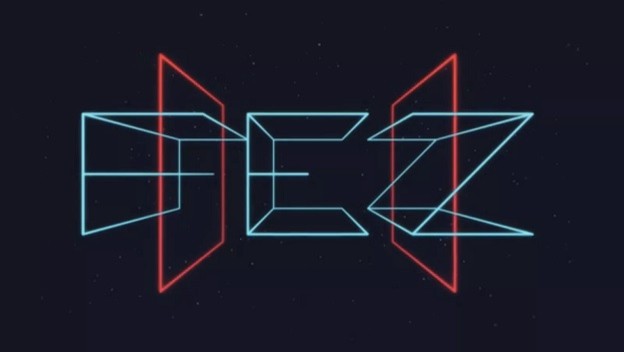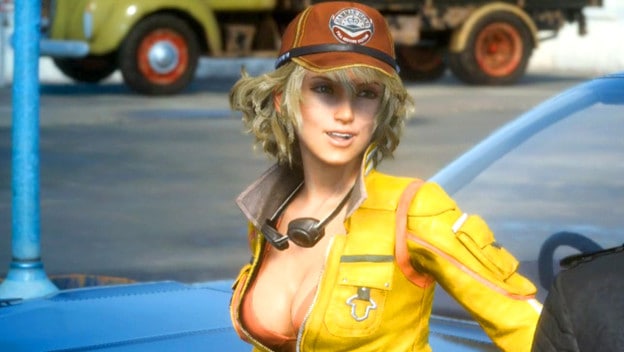Most of us play the games that we love and never give a second thought to the people who actually made that game. That’s fine. Some of the developers, producers, and programmers may even like it that way. Some of us are so in love with certain games or franchises, though, that we just have to learn more about the people responsible for them. Who composed that beautiful piece of music that moved me to tears? Who drew that character that defined so much of my childhood? Who designed these levels that I know better than my own backyard?
Sometimes in answering those questions you discover new heroes; new role-models. Sometimes, you discover a monster. It’s strangely affirming and somewhat heartwarming to learn that your creative heroes are people you can look up to. It’s even better when they remind you of yourself. But what happens when those people seem to be, well, terrible human beings? Does that ruin the game for you? Should it?
It’s a tricky question, to be sure. The debate about whether games are art may still be waged in public discourse, but I’ll assume that if you’re readying this that you believe games are art. Do we separate the art from the artist? By paying money for and enjoying someone’s creation, are we in some indirect (or direct) way endorsing what they believe in or condoning it?
Let me give you an example. I love Dragon Quest . The main opening theme (“Overture March”) and town theme (“People”) are two pieces music that never fail to produce a a lump in my throat. I mean just listen to how wonderful this is:
The Dragon Quest series composer, Kuichi Sugiyama, is the oldest video game composer alive. He was also the first video game composer to have his music performed and recorded by a live orchestra. I love his entire body of work, but he’s made some questionable statements in the past. In 2007 when the U.S. House of Representatives passed Resolution 121, which sought an official apology from Japan’s government regarding sex slaves used by Japanese soldiers during World War II, Sugiyama expressed his aggressive opposition to the resolution. He stated that the evidence surrounding these incidents and the Nanking Massacre were misleading and spurious.

On a less severe level of jerkitude, there’s Phil Fish, creator of the beloved indie hit Fez. Fish has a long history of controversial tweets and tantrums. After being criticized and called names during a GameTrailers podcast, Fish responded by telling the host to “compare your life to mine and then kill yourself.” He proceeded to cancel Fez II with a series of furious tweets, and then locked his account.
Are you excited to play Final Fantasy XV even though the (majority) guys at Square Enix pretty much see the female characters as objects? I mean have you seen Cindy? During an Active Time Report FF XV ‘s marketing director expressed confusion over Western criticism of Cindy and her overly blatant sexualization. “People say Cindy is too sexy, but they also want female party members. That seems contradictory to me.” As though the only reason we could possibly want female party members is so we could look at their bodies.
Hideo Kojima certainly doesn’t mind objectifying women, and Earthworm Jim creator Doug Tennapel will proudly tell you that he’s against gay marriage. Does any of this matter to you? Should it matter to me? Does the fact that I still cherish Sugiyama-san’s music mean that I somehow support his warped version of history? If I purchase Armikrog or one of Tennapel’s graphic novels does that mean you get to call me homophobic? Where do you draw the line, and when can a game stand on its own?
